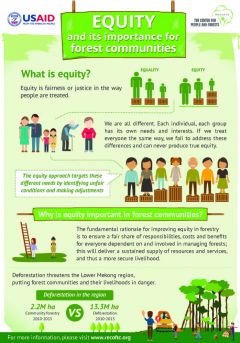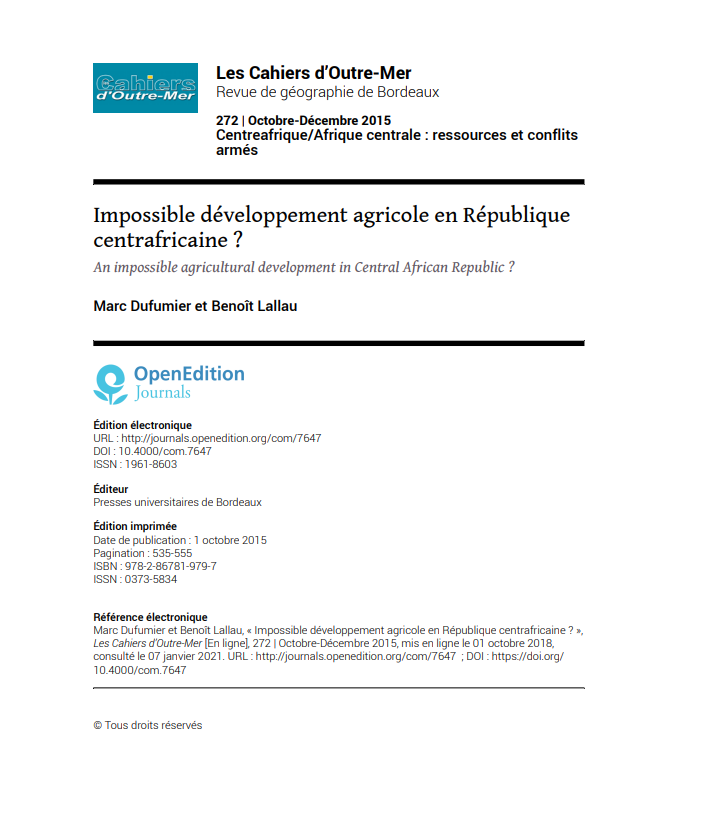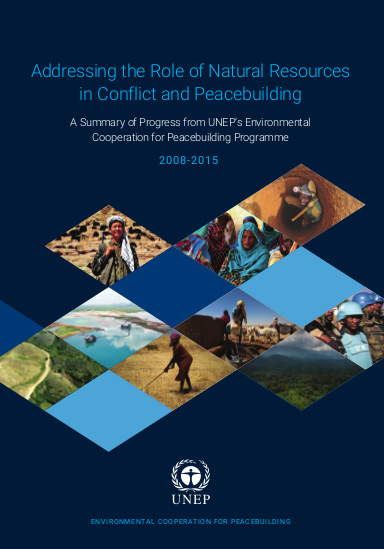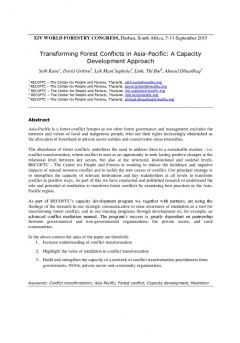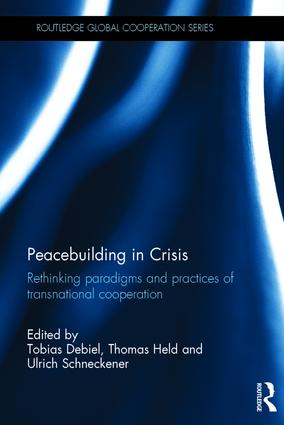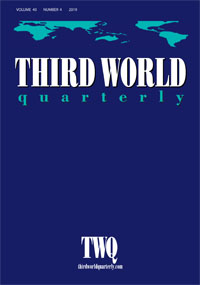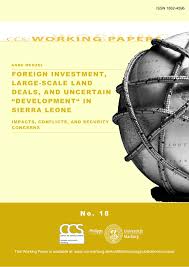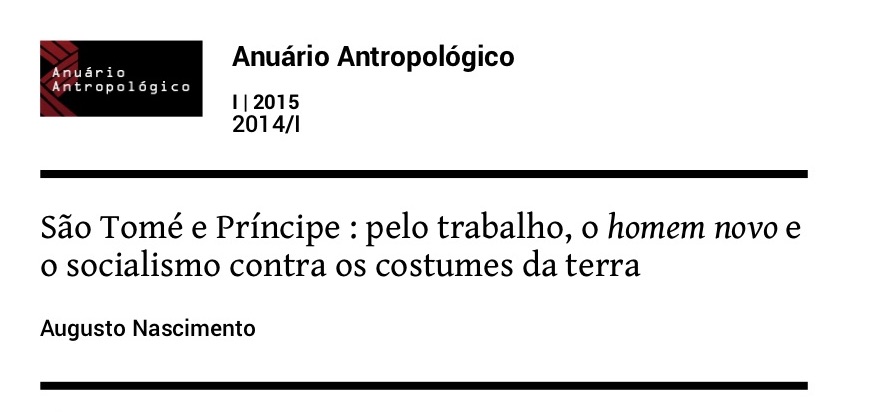Infographic: Equity in forests and climate change
This two-part infographic explains the importance of social equity in forests and the basics on putting it into practice. The infographic defines equity and provides an easy to understand overview of the key elements that will empower forest-dependent communities. Through understanding equity, forest communities will better understand their rights and be prepared to participate in the decision-making process so they gain a fair share of benefits from forest resources.

